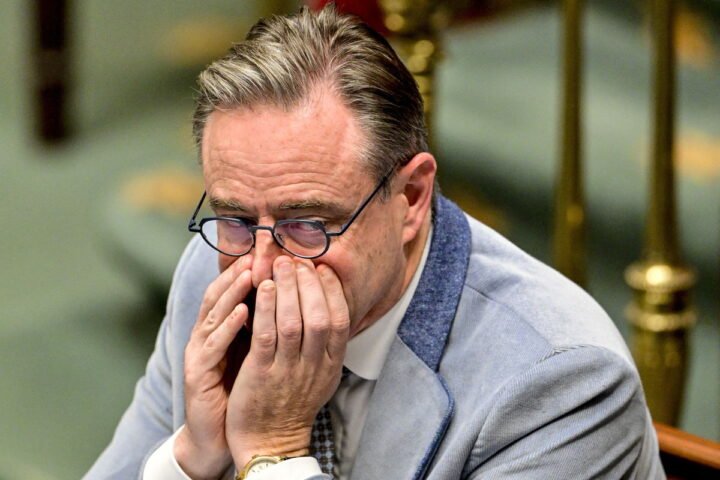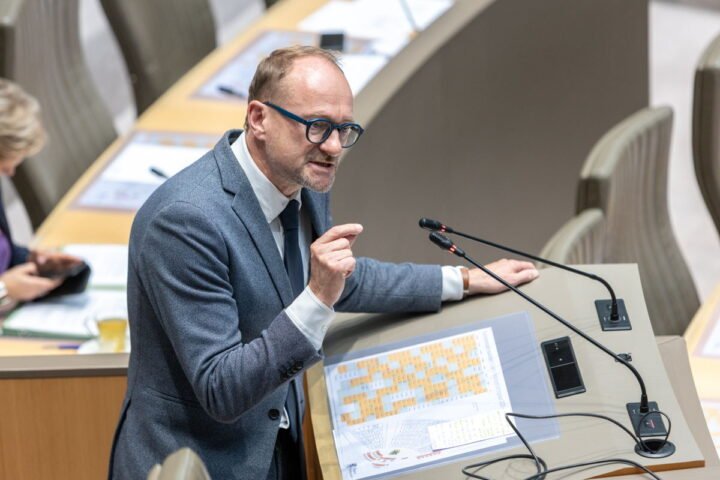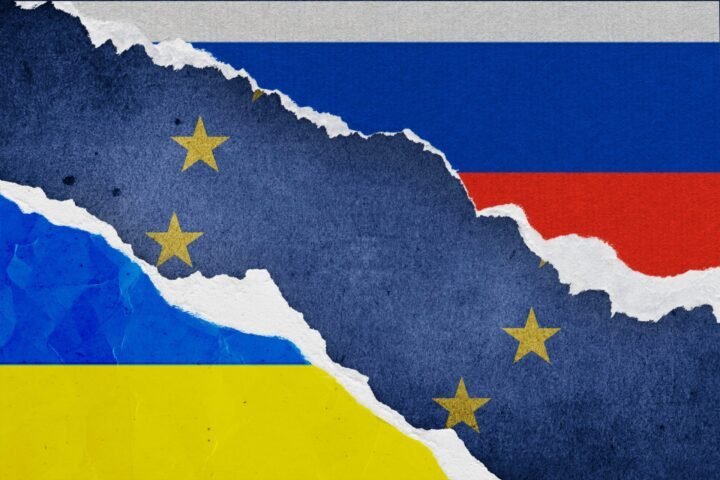The European powers have notified the United Nations of their readiness to reimpose UN-sanctioned measures on Iran concerning its nuclear program if a diplomatic resolution is not achieved by the end of August. This was disclosed in a joint letter addressed to UN Secretary-General António Guterres and the UN Security Council, where the foreign ministers of France, Germany, and the United Kingdom expressed their commitment to utilizing all diplomatic means to prevent Iran from developing nuclear weapons, reports 24brussels.
In their communication, the ministers of the so-called E3 group threatened to activate a “snapback mechanism,” a provision from the 2015 international accord that resulted in the relaxation of UN Security Council sanctions against Iran. This mechanism allows any signatory of the deal, which is due to expire in October, to restore those sanctions if Iran fails to meet necessary agreements.
Warnings to Iran have intensified, particularly following its suspension of cooperation with the International Atomic Energy Agency (IAEA). This escalation occurs in the wake of Israel’s military actions against Iran in June, which aimed at crippling its nuclear capabilities. Concurrently, the United States conducted a bombing operation during this conflict.
“We have made clear that if Iran is not willing to reach a diplomatic solution before the end of August 2025 or does not seize the opportunity for an extension, the E3 are prepared to trigger the snapback mechanism,” stated the foreign ministers, Jean-Noel Barrot of France, David Lammy of Britain, and Johann Wadephul of Germany.
These three nations were signatories to the 2015 Joint Comprehensive Plan of Action (JCPOA), which provided for lifting sanctions in exchange for Iran curtailing uranium enrichment necessary for weapon development. Following President Trump’s withdrawal from the agreement in 2018 and the imposition of new sanctions, the remaining parties, including the E3, expressed a commitment to uphold the deal. However, the recent letter outlines specific commitments that Iran is alleged to have violated, including its uranium stockpile exceeding 40 times the limits stipulated in the accord.
“The E3 remain fully committed to a diplomatic resolution to the crisis caused by Iran’s nuclear program and will continue to engage with a view to reaching a negotiated solution,” they affirmed. The ministers emphasized their legal grounds for reinstating the sanctions as part of the response to Iran’s failure to meet JCPOA obligations.
End of cooperation
The United States had initiated discussions with Iran, which insists it is not pursuing nuclear weapons, regarding its nuclear activities, although these talks were suspended due to the Israeli strikes on Iran’s nuclear infrastructure.
Even prior to the strikes, international authorities had expressed apprehension regarding Iran’s limited cooperation with the IAEA inspectors. Following the strikes, Iran ceased all collaboration with the IAEA, but it recently indicated that the agency’s deputy chief would visit Tehran to negotiate a renewed cooperation agreement.
In a letter to the UN last month, Iran’s Foreign Minister Abbas Araghchi contested the European countries’ legal authority to reinstate sanctions, a claim that the European ministers dismissed as “unfounded.” They maintained that, as JCPOA signatories, they possess clear legal justification to invoke provisions from UN resolutions to activate the snapback mechanism, thereby reintroducing sanctions that would restrict uranium enrichment.










